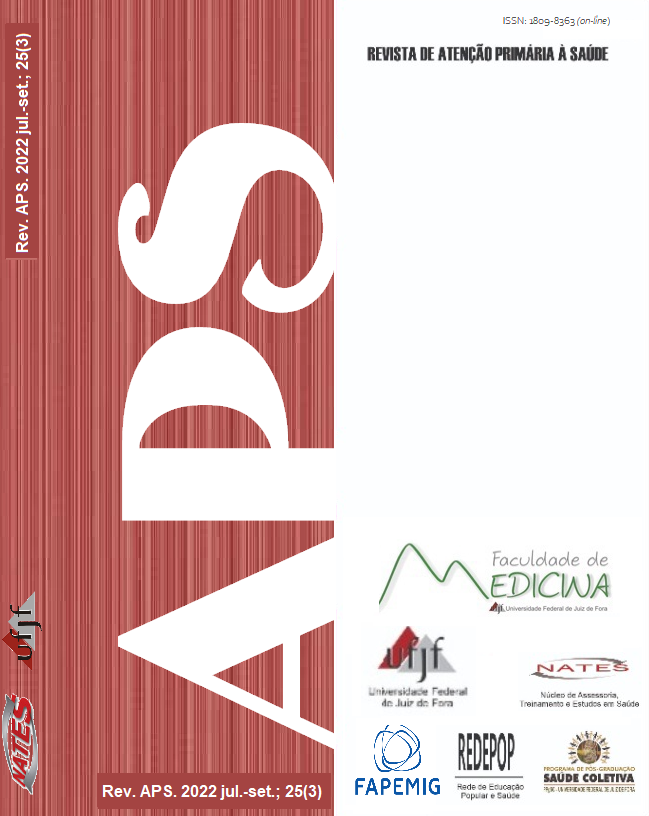Chagas disease: therapeutic itinerary of children and adolescents in a municipality in the Amazon
DOI:
https://doi.org/10.34019/1809-8363.2022.v25.36760Keywords:
Health-Seeking Behavior, Provision of Health Care, Chagas Disease, Public HealthAbstract
In Brazil, timely assistance to individuals with Chagas disease is still a challenge to public health. The objective was to analyze the therapeutic itinerary of children and adolescents with Chagas disease in the search for attention and care health. It was adopted a qualitative, descriptive, exploratory approach. Field research was carried out with family members of children/adolescents with Chagas disease in the Reference Center for Tropical Diseases in Macapá, AP. Content analysis supported the identification of three analytical categories: The itinerary in search of a diagnosis; The Itinerary in search of the treatment and control of the disease; Weaknesses and potential of health care services. The results showed that the services are still centered on specialized care and the primary care is not prepared to identify the disease, and the medium and high complexity aren’t qualified for resolutive assistance. Therefore, the therapeutic itinerary of children and adolescents with Chagas disease is marked by challenges that involve timely diagnostic, which can lead to wrong treatments.











